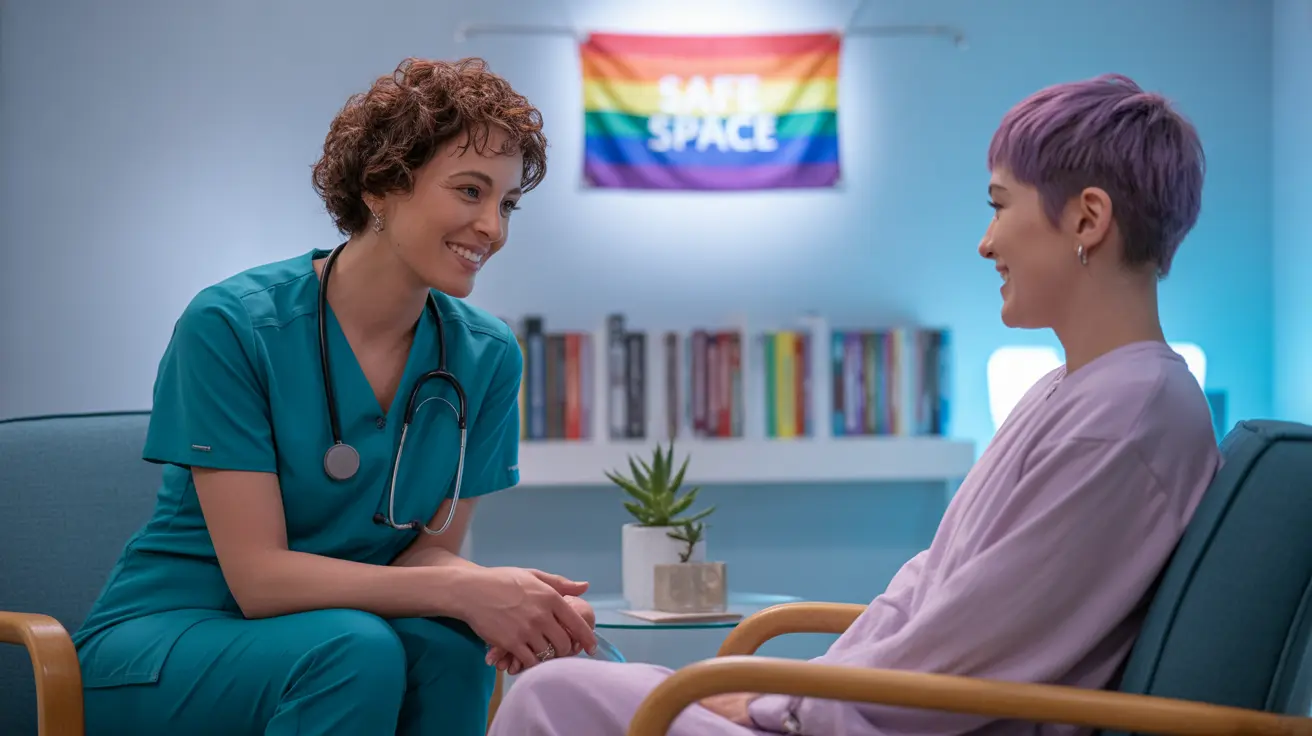Finding healthcare providers who understand and affirm your identity is crucial for receiving quality, compassionate medical care. For LGBTQ+ individuals, having access to knowledgeable and supportive doctors can significantly impact health outcomes and overall well-being. This guide will help you locate LGBTQ-friendly doctors in your area and ensure you receive culturally competent care.
Understanding LGBTQ-Affirming Healthcare
LGBTQ-affirming healthcare goes beyond basic medical knowledge. It involves understanding the unique health needs, concerns, and experiences of LGBTQ+ individuals. Healthcare providers who offer culturally competent care create safe, welcoming environments where patients can be open about their identity without fear of discrimination or judgment.
How to Find LGBTQ-Friendly Healthcare Providers
Online Resources and Directories
Several dedicated online platforms help connect LGBTQ+ individuals with affirming healthcare providers:
- GLMA's Provider Directory
- OutCare Health Directory
- The Gay and Lesbian Medical Association database
- Local LGBTQ+ community center referral services
- Health insurance provider directories with LGBTQ-specific filters
Community-Based Resources
Local LGBTQ+ organizations often maintain networks of trusted healthcare providers:
- LGBTQ+ community centers
- Support groups
- Pride centers
- LGBTQ+ health clinics
- Local PFLAG chapters
Evaluating Healthcare Providers
Visual Indicators of LGBTQ+ Inclusivity
When visiting a healthcare facility, look for these positive signs:
- Rainbow flags or Safe Space stickers
- Gender-neutral bathroom facilities
- Inclusive intake forms with options for gender identity and sexual orientation
- Diverse representation in office materials and literature
- Clear non-discrimination policies
Professional Credentials and Training
Consider these qualifications when researching potential providers:
- LGBTQ+ healthcare certification
- Continuing education in LGBTQ+ health
- Experience working with LGBTQ+ patients
- Membership in LGBTQ+ medical associations
Making Initial Contact
When reaching out to a potential healthcare provider, consider these steps:
- Call ahead to inquire about LGBTQ+ specific services
- Ask about the provider's experience with LGBTQ+ patients
- Verify insurance coverage and payment options
- Request information about confidentiality policies
- Schedule an initial consultation to assess compatibility
Frequently Asked Questions
How can I find LGBTQ-friendly doctors near me who understand and support my specific health needs?
Use online directories specifically designed for LGBTQ+ healthcare, such as GLMA's Provider Directory or OutCare Health. You can also contact local LGBTQ+ organizations for referrals and check with your insurance provider for in-network LGBTQ-friendly doctors.
What are the signs that a healthcare provider is LGBTQ-friendly and offers culturally competent care?
Look for inclusive intake forms, Safe Space signage, staff who use correct pronouns, diverse office materials, and providers who have specific LGBTQ+ healthcare training or certification. The office environment should feel welcoming and respectful.
Are there online directories or resources to help me locate affirming LGBTQ+ healthcare providers in my area?
Yes, several online resources exist, including GLMA's Provider Directory, OutCare Health, and local LGBTQ+ center referral services. Many health insurance providers also maintain lists of LGBTQ-friendly practitioners.
What questions should I ask a potential LGBTQ-friendly doctor to make sure they are experienced with LGBTQ healthcare issues?
Ask about their experience treating LGBTQ+ patients, specific training in LGBTQ+ healthcare, familiarity with gender-affirming care, and their approach to LGBTQ-specific health concerns. Also inquire about their policies regarding confidentiality and patient advocacy.
How can I get referrals or recommendations for LGBTQ-friendly doctors from local LGBTQ centers or community networks?
Contact your local LGBTQ+ community center, attend support groups, connect with PFLAG chapters, or join online LGBTQ+ forums. These organizations often maintain lists of trusted healthcare providers and can offer personal recommendations based on community experiences.




